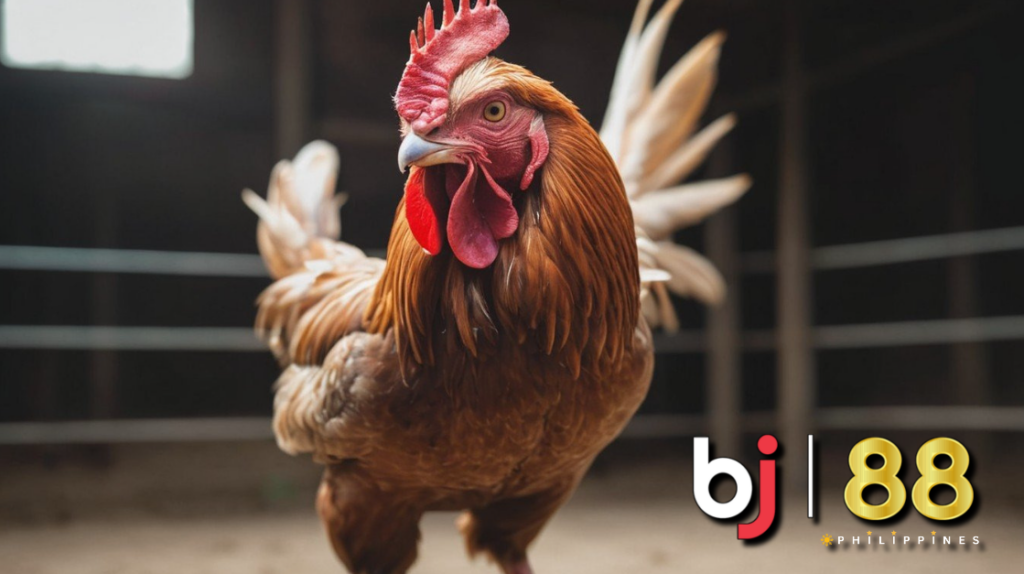In the world of sabong derbies, where the stakes are high and competition is fierce, the method of determining pairings can significantly impact the outcome of matches. But what rules and regulations govern the use of “ruweda,” the traditional method of pairing gamecocks? Explore the intricacies of this age-old practice and discover how adherence to regulations ensures fairness and transparency in sabong derbies.

Sabong, the time-honored tradition of cockfighting, is not merely a sport—it’s a cultural phenomenon that transcends generations and borders. At the heart of sabong derbies lies the crucial process of pairing gamecocks, where the method used can shape the dynamics of competition and influence the outcome of matches. Among the various methods employed, “ruweda” stands out as a traditional approach steeped in history and heritage. But does the usage of ruweda come with rules and regulations? Let’s delve into this intriguing question and uncover the guidelines that ensure fairness and integrity in sabong derbies.
UNDERSTANDING THE USAGE OF “RUWEDA”
Ruweda, also known as wheeling, is a time-honored method used in sabong derbies to determine pairings between gamecocks. This traditional practice involves placing numbered chips or markers representing each participating bird on a spinning wheel or board. As the wheel spins, pairs are randomly selected, ostensibly ensuring an unbiased allocation of opponents.
The Tradition of Ruweda
Ruweda carries deep cultural significance within the sabong community, reflecting values of fairness, impartiality, and sportsmanship. Rooted in centuries-old traditions, ruweda is seen as a symbolic ritual that honors the spirit of competition while respecting the integrity of sabong derbies.
The Role of Regulations
While ruweda is steeped in tradition, its usage in sabong derbies is not without rules and regulations. These regulations serve to ensure fairness, transparency, and integrity in the pairing process, safeguarding the interests of participants and preserving the integrity of the sport.
RULES AND REGULATIONS GOVERNING RUWEDA IN SABONG DERBIES
In sabong derbies where ruweda is employed, organizers typically adhere to a set of rules and regulations to govern its usage. These rules are designed to standardize the pairing process, prevent manipulation, and uphold the principles of fairness and transparency.
Transparency in Pairing
One of the key regulations governing ruweda is the requirement for transparency in the pairing process. Organizers are typically required to conduct ruweda in a manner that is open and visible to all participants and spectators, ensuring that the selection of pairings is conducted impartially and without bias.
Randomization of Pairings
Another important regulation is the emphasis on randomization in pairings. Organizers must take measures to ensure that the spinning wheel or board used in ruweda is genuinely random, with each bird having an equal chance of being paired with any other participant. This helps to prevent favoritism and ensures a level playing field for all participants.
Oversight and Monitoring
To uphold the integrity of ruweda, organizers may implement oversight and monitoring mechanisms to prevent tampering or manipulation. This may involve the presence of impartial observers or officials who oversee the pairing process and ensure that it is conducted in accordance with established rules and regulations.
Conclusion:
In the world of sabong derbies, where competition is fierce and passions run high, the method of determining pairings plays a crucial role in shaping the dynamics of matches. The usage of ruweda, a traditional practice steeped in history and heritage, comes with its own set of rules and regulations designed to ensure fairness, transparency, and integrity. By adhering to these regulations, organizers can uphold the principles of sportsmanship and ensure a level playing field for all participants, preserving the integrity of sabong derbies for generations to come.
